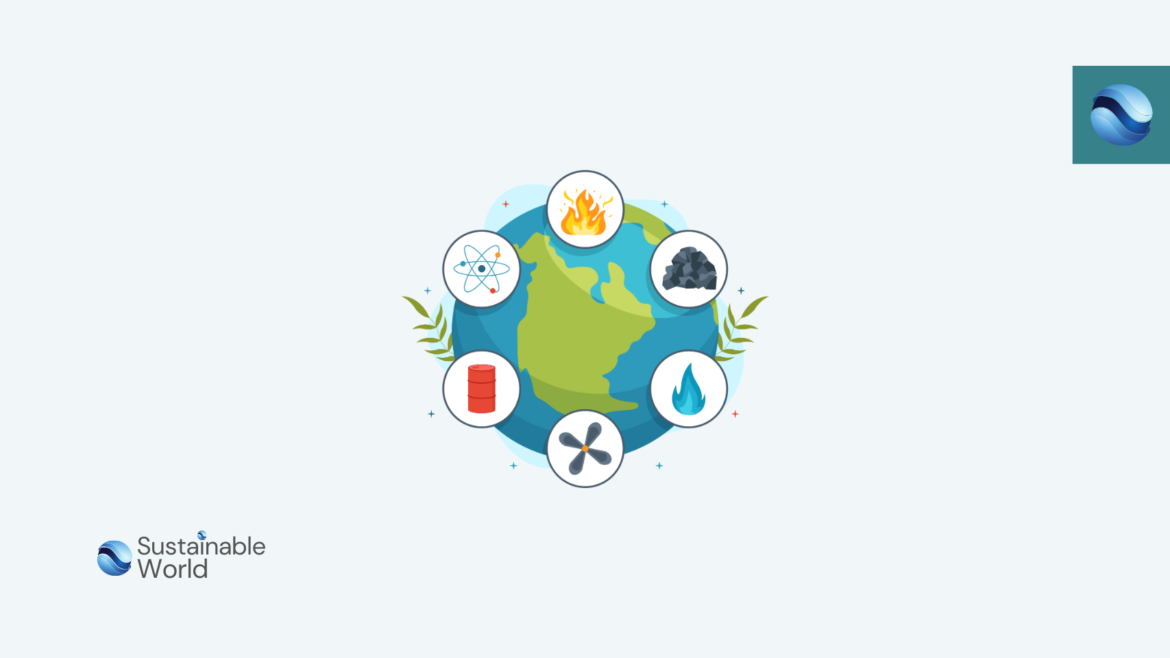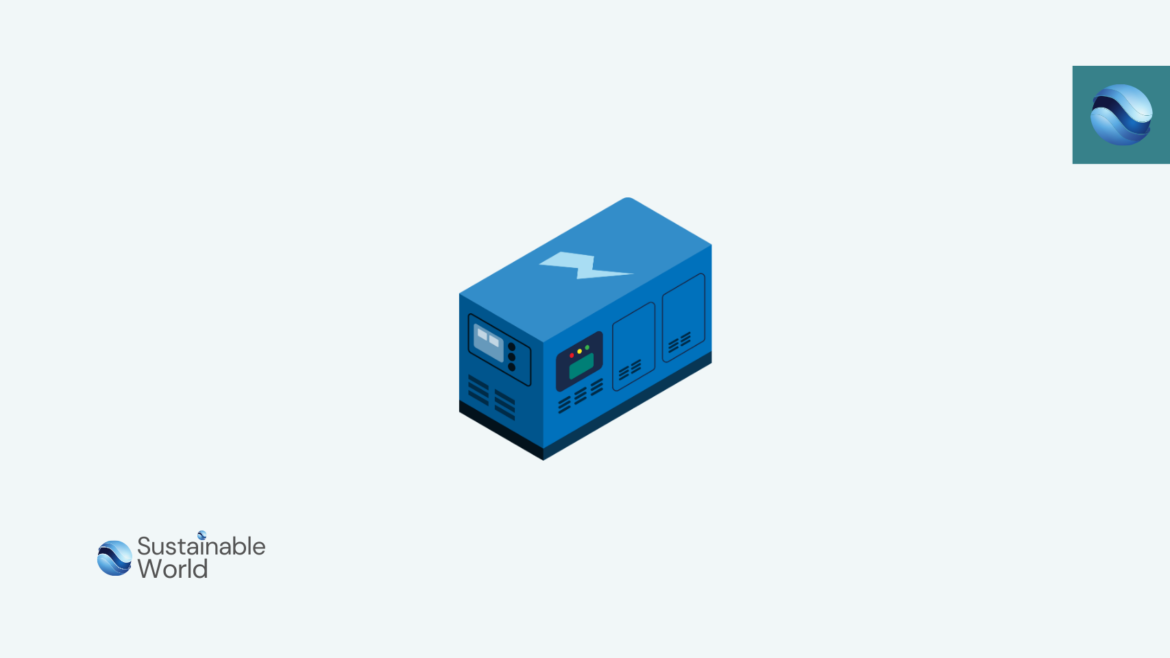Revolutionizing the Future with Renewable Energy Innovations
In today’s world, where climate change poses an urgent global challenge, transitioning to renewable energy sources is more critical than ever. Thanks to technological advancements, renewable energy innovations are revolutionizing the way we power our lives.
From solar panels to wind turbines, these groundbreaking solutions are steering us toward a cleaner, more sustainable future.
Solar Energy Innovations
One of the most prominent and widely adopted forms of renewable energy is solar power.
Advances in solar technology have made it more efficient, accessible, and affordable, further solidifying its role in the renewable energy revolution.
Thin-Film Solar Panels
Unlike traditional silicon-based panels, thin-film solar panels are lightweight, flexible, and less expensive to produce. These panels, made from materials like cadmium telluride or copper indium gallium selenide, can be applied to various surfaces, including clothing and building materials, opening up limitless possibilities for solar integration.
Solar Paint
Imagine transforming any surface into a solar panel with a simple coat of paint. Though still in development, solar paint has the potential to revolutionize energy generation by making solar power more versatile and accessible. This cutting-edge innovation could dramatically accelerate the shift to renewable energy.
Wind Energy Innovations
Wind power has long been a cornerstone of renewable energy.
Recent innovations in wind technology are enhancing its efficiency and adaptability, making it an increasingly viable energy solution.
Vertical Axis Wind Turbines
Unlike conventional horizontal-axis turbines, vertical axis wind turbines are compact and efficient, making them ideal for urban environments where space is limited. Their design allows them to harness wind energy more effectively, bringing wind power to cities and smaller communities.
Floating Offshore Wind Farms
Floating offshore wind farms provide a flexible and cost-effective alternative to traditional fixed offshore installations. These platforms harness stronger, more consistent winds in deep waters, enabling the generation of large amounts of clean energy while overcoming the challenges of conventional offshore wind farms.
Hydropower Innovations
Hydropower has been a reliable energy source for decades.
However, recent innovations are making it more sustainable and environmentally friendly.
Run-of-River Hydropower
Unlike traditional dam-based systems, run-of-river hydropower generates electricity by diverting a portion of a river’s flow through a turbine without disrupting its natural course. This eco-friendly approach minimizes the environmental impact while maintaining the reliability of hydropower.
Pumped Storage Hydropower
This innovative form of hydropower stores excess electricity by pumping water to a higher reservoir. When energy demand spikes, the stored water is released downhill to generate electricity. Pumped storage hydropower balances the grid and ensures renewable energy availability during peak usage.
Conclusion
As we strive to combat climate change, renewable energy innovations are critical to building a sustainable future.
From efficient solar technologies to advanced wind turbines and eco-friendly hydropower systems, these breakthroughs are reshaping how we generate and use energy. By embracing and investing in these cutting-edge solutions, we can pave the way for a greener, cleaner world for future generations.



